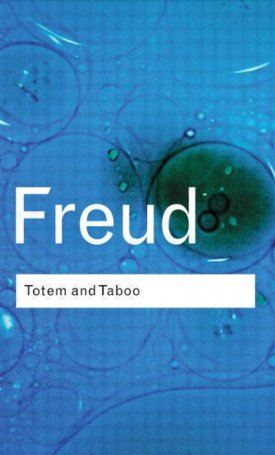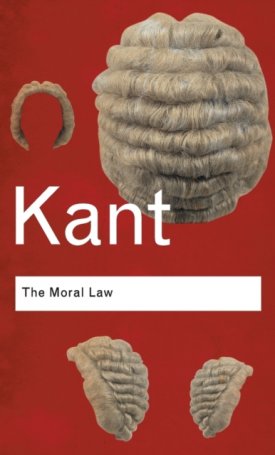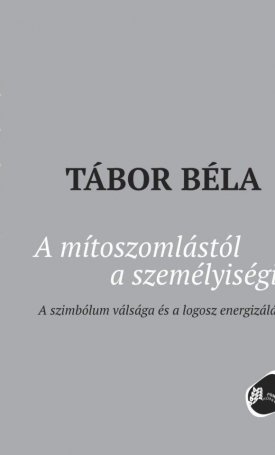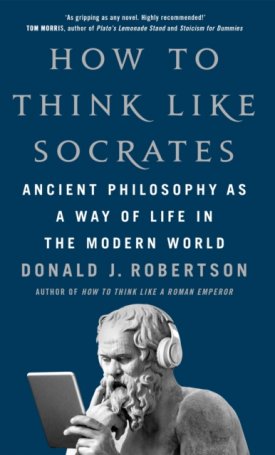The Two Fundamental Problems of the Theory of Knowledge
ISBN: 9780415610223
Méret: 156*234
Tömeg: 862 g
Oldalszám: 544
Megjelenés éve: 2011
The Two Fundamental Problems of the Theory of Knowledge
ISBN: 9780415610223
Méret: 156*234
Tömeg: 862 g
Oldalszám: 544
Megjelenés éve: 2011
In a letter of 1932, Karl Popper described Die beiden Grundprobleme der Erkenntnistheorie – The Two Fundamental Problems of the Theory of Knowledge – as ‘…a child of crises, above all of …the crisis of physics.’
Finally available in English, it is a major contribution to the philosophy of science, epistemology and twentieth century philosophy generally.
The two fundamental problems of knowledge that lie at the centre of the book are the problem of induction, that although we are able to observe only a limited number of particular events, science nevertheless advances unrestricted universal statements; and the problem of demarcation, which asks for a separating line between empirical science and non-science.
Popper seeks to solve these two basic problems with his celebrated theory of falsifiability, arguing that the inferences made in science are not inductive but deductive; science does not start with observations and proceed to generalise them but with problems, which it attacks with bold conjectures.
The Two Fundamental Problems of the Theory of Knowledge is essential reading for anyone interested in Karl Popper, in the history and philosophy of science, and in the methods and theories of science itself.
CONTENTS:
Preface 1978 Introduction 1978 Exposition [1933] Book I: The Problem of Induction (Experience and Hypothesis) The Two Fundamental Problems of the Theory of Knowledge Volume I 1. Formulation of the Problem 2. Deductivism and Inductivism 3. The Problem of Induction 4. The Normal-Statement Positions 5. Kant and Fries 6. The Probability Positions 7. The Pseudo-Statement Positions 8. Conventionalism 9. Strictly Universal Statements and Singular Statements 10. Back to the Pseudo-Statement Positions 11. Pseudo-Statement Positions and the Concept of Meaning 12. Conclusion Appendix: The Critique of the Problem of Induction in Schematic Representation Book II: The Problem of Demarcation (Experience and Metaphysics) The Two Fundamental Problems of the Theory of Knowledge Volume II (Fragments) Part 1: Fragments 1932 1. Sketch of an Introduction 2. Formulation of the Problem 3. On the Question of Eliminating Subjectivist Psychologism 4. Transition to the Theory of Method 5. The Method of Exhaustion. -- "State of Affairs" and "Fact". -- Universal Diversity 6. Sketch of a Theory of Empirical-Scientific Methods (Theory of Experience) Part 2: Fragments 1933 7. Orientation 8. Philosophy 9. The Problem of Methodology 10. Comments on the So-Called Problem of Free Will 11. The Problem of Free Will 12. The Problem of the Randomness in Probability Statements Appendix: Summary Excerpt (1932) from The Two Fundamental Problems of the Theory of Knowledge. Editor’s Postscript. Index of Names. Index of Subjects.
AUTHOR:
Karl Popper (1902–94). Philosopher, born in Vienna. One of the most influential and controversial thinkers of the twentieth century.































